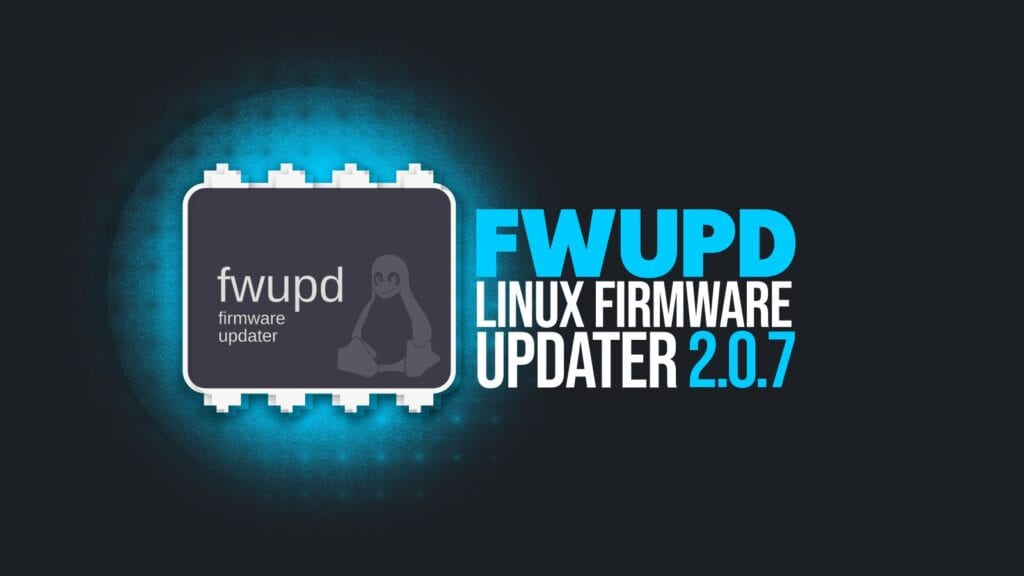Over a month after its previous 2.0.6 release, Fwupd, an open-source utility designed to make updating firmware on Linux-based systems easier and more automatic, rolled out its new 2.0.7 version.
This new release offers an array of new features. For instance, there is expanded support for DisplayPort receivers from B&R, as well as a newly added plugin for updating Intel CVS cameras.
In addition, the framework now includes a handy plugin that verifies UEFI memory protection attributes, ultimately reinforcing the security posture of affected devices.
Further, fwupd 2.0.7 introduces a quirk indicating that no extra EFI System Partition (ESP) space is needed, supports cabinet archives larger than 2GB, and provides compatibility with various Redfish technologies—particularly relevant for Dell servers and HPE environments.
In addition, users can expect to see the SBOM release URL displayed and are now able to install UEFI capsules in the bootloader more seamlessly than ever.
On the bug fixes side, fwupd 2.0.7 addresses an issue in which USB file descriptors remained open after daemon startup, ensuring USB connections behave more reliably under the hood. Developers have also squashed various memory leaks, including one affecting Logitech Rallysystem devices, and corrected a critical warning tied to rescanning devices without globally unique identifiers (GUIDs).
Furthermore, the updated system rectifies problems with Redfish release dates, adjusts for kernel regression by restructuring EFI variable writes, and improves handling for Wacom USB updates.
Last but not least, more devices have been added support. These include an additional HP wireless dongle, Lenovo’s ThinkPad Thunderbolt 4 Smart Dock Gen2, the Lenovo USB-C Dual Display Travel Dock, and various EDL 5G modem devices.
For more details on all novelties, see the changelog.
